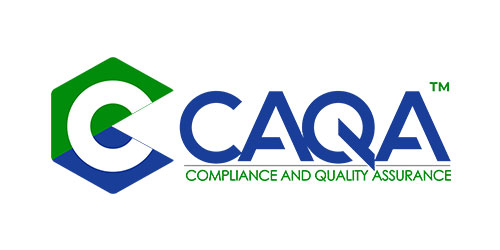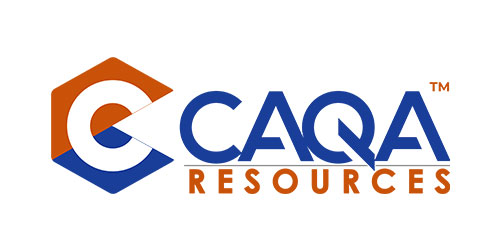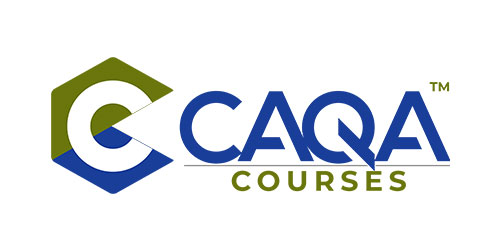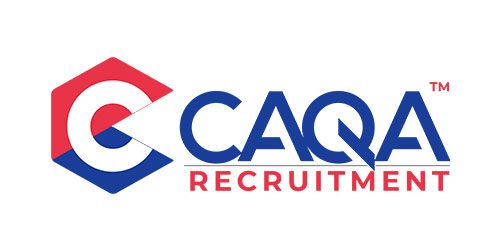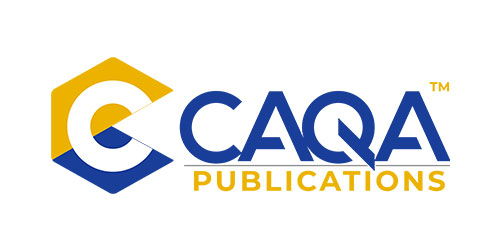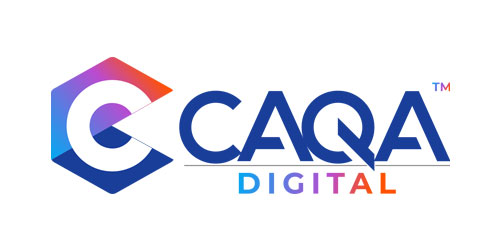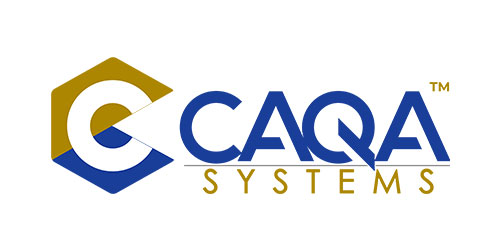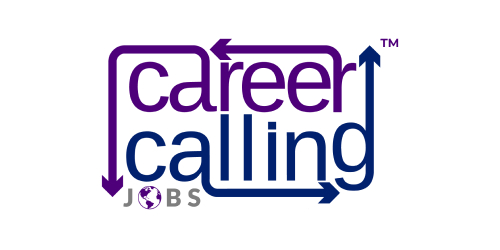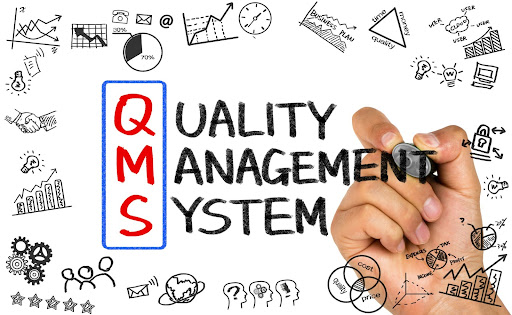
News
Registered training organisations (RTOs) operate in a highly regulated environment. To be registered, RTOs must comply with the Standards for Registered Training Organisations (RTOs) 2015. These Standards require RTOs to develop and implement a quality management system (QMS).
A quality management system (QMS) is a formalised system that documents processes, procedures, and responsibilities for achieving quality policies and objectives. A QMS helps coordinate and direct an organisation’s activities to fulfil these objectives.
There are a number of elements that should be included in an RTO’s QMS, including:
– Policies and procedures: RTOs must develop policies and procedures for all aspects of their operations, from student recruitment and enrolment to training delivery and assessment. These policies and procedures must be regularly reviewed and updated to ensure they remain relevant and effective.
– Systems and processes: RTOs must put in place systems and processes to support the delivery of high-quality training and assessment. These may include quality assurance processes, student support systems and data management systems.
– Practices: RTOs should develop best practices for all aspects of their operations, from customer service to training delivery. These practices should be regularly reviewed and updated to ensure they remain relevant and effective.
RTOs that have well-developed QMS are more likely to be able to meet their regulatory obligations, improve their operations and enhance their reputation.
An effective QMS will help an RTO to:
- plan and organise its operations;
- control and monitor its activities;
- communicate with its customers;
- continually improve its performance.
There are many benefits to having a QMS in place, including:
- Improved training and assessment quality
- Greater transparency and accountability
- Enhanced customer satisfaction
- Increased efficiency and effectiveness
- Reduced costs associated with waste and rework.
To be effective, a QMS must be tailored to the specific needs of the RTO and its customers. It should be regularly reviewed and updated to ensure that it remains relevant and fit for purpose.
RTOs that are unable to demonstrate compliance with the requirements of the Standards may have their registration suspended or cancelled.
 1800 961 980
1800 961 980 info@careercalling.com.au
info@careercalling.com.au












